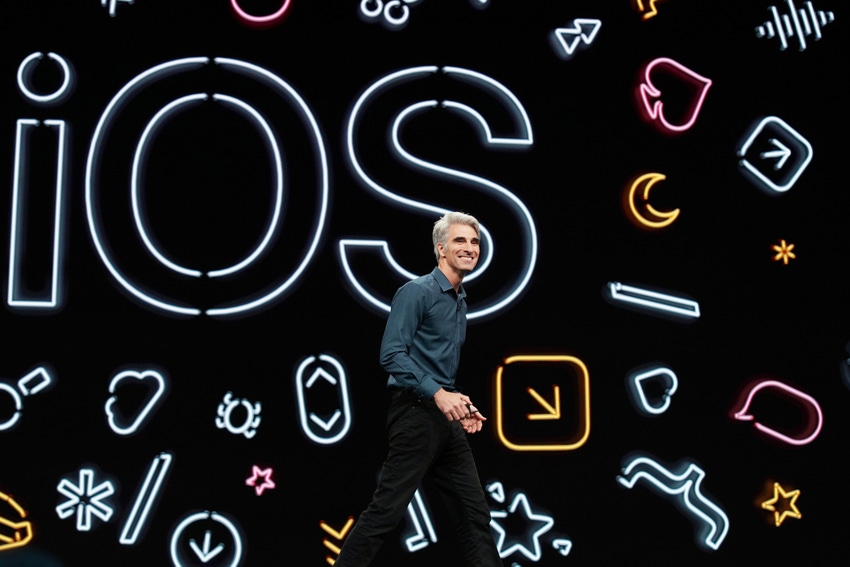Gadget giant Apple has decided to completely cut off developer Epic in a major escalation of their dispute over in-app purchase fees.
August 18, 2020

Gadget giant Apple has decided to completely cut off developer Epic in a major escalation of their dispute over in-app purchase fees.
Late last week Epic, which develops the immensely popular online game Fortnite, unveiled an in-app purchasing channel that bypassed Apple’s (and Google’s) own billing platforms, thus depriving them of their 30% cut of every penny spent. As a result, Apple kicked it off iOS for breaking its rules and Epic retaliated immediately by suing, which brought about the latest escalation, as per the Epic tweet below.
Apple’s position throughout has been: rules are rules. Epic will have known this and thus not been surprised at its response to the in-app purchasing move. This seems like a deliberate attempt by Epic to martyr itself and develop a narrative around horrid, corporate Apple not caring about the consumer. It had presumably tried to negotiate with Apple previously and, when those failed, decided to present its case to the court of public opinion.
Here’s Apple’s latest statement on the matter, as delivered to the Verge. ‘The App Store is designed to be a safe and trusted place for users and a great business opportunity for all developers. Epic has been one of the most successful developers on the App Store, growing into a multibillion dollar business that reaches millions of iOS customers around the world. We very much want to keep the company as part of the Apple Developer Program and their apps on the Store.
‘The problem Epic has created for itself is one that can easily be remedied if they submit an update of their app that reverts it to comply with the guidelines they agreed to and which apply to all developers. We won’t make an exception for Epic because we don’t think it’s right to put their business interests ahead of the guidelines that protect our customers.’
It seems unlikely that many people are going to buy the ‘we just want to protect our customers’ narrative, but it is Apple’s (and Google’s) prerogative to impose whichever conditions it wants on the use of its platforms. The reason Epic’s approach could be a bit more cunning than it may appear at first is that Apple and Google do have a mobile app store duopoly between them, so normal free-market rules may not apply in cases like this.
Stratechery does its usual excellent job of analysing the context and implications of this spat and concludes the following about Apple and its platforms: “This is not a console you play to entertain yourself, or even a PC for work: it is the foundation of modern life, which makes it all the more disappointing that Apple seems to care more about its short term bottom line than it does about the users and developers that used to share in its integration upside.”
Meanwhile the Information cites anonymous sources, presumably from Epic, for the scoop that the developer is trying to get other members of the Apple app ecosystem, including Spotify, to join its fight. Apple may be totally justified in insisting it processes every penny spent on its app store, but so long as it continues to be so rapacious in taking 30% of all the action, the public and legal scrutiny it gets for doing so will increase.
About the Author(s)
You May Also Like








.png?width=300&auto=webp&quality=80&disable=upscale)


_1.jpg?width=300&auto=webp&quality=80&disable=upscale)


.png?width=800&auto=webp&quality=80&disable=upscale)